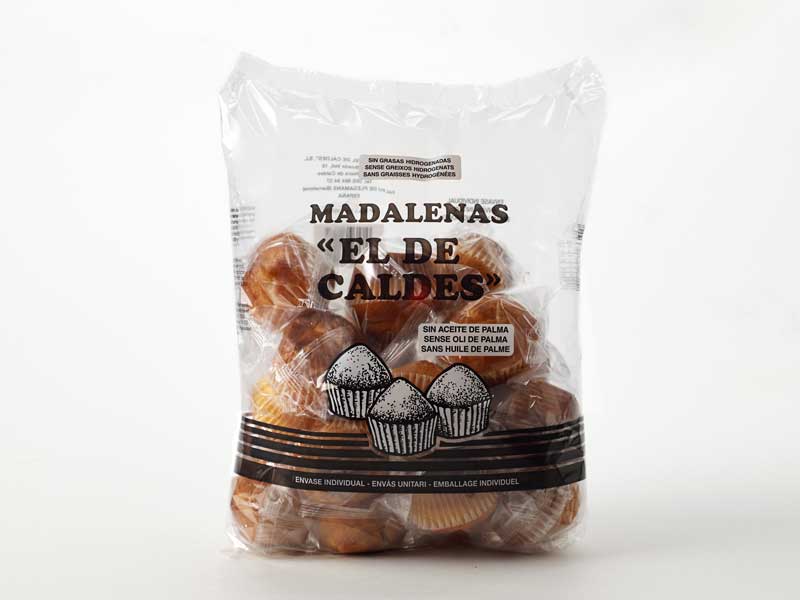The Crisis Plan implemented by Bull Importer has activated alternative routes and transportation models for goods to continue supplying essential raw materials and components despite the dockworkers’ strike aiming to block Spanish ports. Supplying through these channels allows maintaining the activity of the Spanish factories served by the import management company.
The dockworkers’ strike arises following the approval in the Congress of Deputies of the sector reform, opposed by port workers. Changes in the hiring procedures of stevedoring companies have been made due to the sector’s liberalization demands imposed by the European Union, directly affecting sector employees who have mobilized against the reform.
Starting today and during the labor protest, Bull Importer activates alternative routes and transportation models for goods to maintain the activity of the Spanish factories it serves.
The labor protest, taking place on June 5, 7, and 9 in 105 ports, according to the latest figures, blocks the docking of ships and the unloading and distribution of goods essential to the Spanish industry. Additionally, unions have issued a strike notice from Wednesday, June 14, to Friday, June 16, and have planned strikes for the 19th, 21st, and 23rd of this month.
The Bull Importer Crisis Plan protects its clients from critical supply situations that could harm their usual productive activity. It is structured around five axes:
- Precise planning of all manufacturing and delivery deadlines for essential and recurrent goods for Bull Importer’s industrial clients.
- Overproduction and strategic storage of essential products. This reserve production serves to mitigate one or two production cycles and is located in airport warehouses to provide quick and punctual supply to clients.
- Alternative air routes. Direct air bridges have been planned between production areas and Spanish airports for rapid goods supply. Since the activation of the urgent import process, the industry receives its materials within two or three days, without interrupting its production pace.
- Preference negotiation. To address the urgency of the supply service, Bull Importer signs special agreements with manufacturers and suppliers to prioritize Spanish orders, accelerating production rates and avoiding delays in production processes.
- Prearranged flights to prevent excess demand for air shipments.
The routes established by Bull Importer connect Spain with the airports of Beijing, Shanghai, Guangzhou, and Hong Kong in China, and from New Delhi in India, with various stops. Many manufacturers who are either direct importers or work with other agencies that have not foreseen the contingency are currently struggling to find warehouses near these airports and space on scheduled flights for timely supply to Spain.
Bull Importer’s special production reserve for air importation to Spain exceeds one hundred pallets of ready-to-ship goods. Among the goods and materials that can be swiftly supplied in Spain are cosmetic packaging, spices, bearings, or finished components of partitions.
The air service ensures punctuality in just-in-time deliveries for Spanish manufacturing companies, avoiding delays caused by unloading ships in ports in Morocco, Tangier, or France, and the subsequent transportation of goods by road.
The Crisis Plan was first tested during the bankruptcy of the shipping company Hanjing, which blocked its immense fleet at the ports’ entrance, unable to dock and unload goods. During those crisis days, production rates were interrupted in numerous industries, and perishable products spoiled without reaching their destination.
Currently, Bull Importer has established air routes from the airports of Beijing, Shanghai, Guangzhou, and Hong Kong in China, and from New Delhi in India, with various stops. It also stores over 100 pallets of the most demanded goods, such as cosmetic packaging, spices, bearings, or finished components of partitions, in strategic locations to serve its clients with maximum speed.



